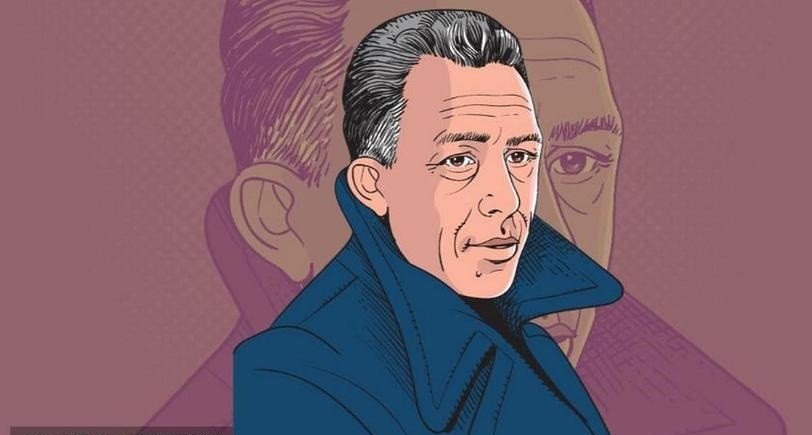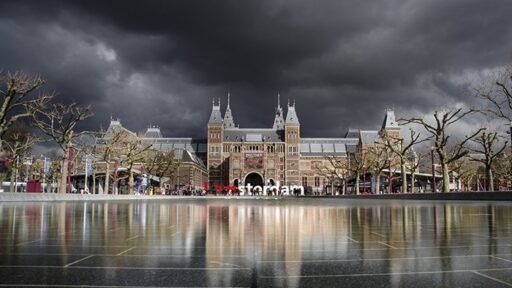In the coastal city of Oran, Algeria, a deadly plague sweeps through, exposing the fragility of human existence. Albert Camus’s 1947 novel *The Plague* (*La Peste*) is more than a story—it’s a profound exploration of suffering, resistance, and the human condition. At Nexus Mag, we dive into this literary masterpiece, often seen as an allegory for France’s resistance against Nazi occupation, and its enduring relevance in today’s world.
The Story and Setting
Set in 1940s Oran, a bustling yet ordinary Algerian port, *The Plague* chronicles the outbreak of a merciless disease. As rats die in droves and human casualties mount, the city descends into chaos, isolation, and despair. Camus, a French-Algerian philosopher and journalist, crafts a vivid narrative that feels like a real-time report, blending his reporting skills with philosophical depth.
Themes of Suffering and Resistance
At its core, *The Plague* grapples with suffering—both physical and emotional. The plague, described as an irrational, godless force, strikes indiscriminately, sparing neither young nor old, rich nor poor. It brings exile, separating families and lovers, and forces the townspeople to confront life’s absurdity. Yet, amidst this despair, Camus highlights human resilience. Characters like Dr. Bernard Rieux, the novel’s central figure, embody quiet heroism, fighting the disease despite its seeming inevitability.
The novel is often interpreted as an allegory for Nazi-occupied France, with the plague symbolizing oppression and the characters’ resistance mirroring the French Resistance. Beyond this, Camus explores universal truths: the futility of human ideals in the face of suffering and the necessity of collective action.
Camus’s Philosophy: Absurdism and Hope
Camus, a pioneer of absurdism, believed life lacks inherent meaning, yet humans can rebel against this “absurdity” through solidarity and purpose. In *The Plague*, he moves from the solitary rebellion of his earlier work, *The Stranger*, to a vision of communal struggle. As Camus wrote to philosopher Roland Barthes, “*The Plague* is a shift from individual rebellion to a social world where one must participate in its fights.” This emphasis on unity and hope, however faint, distinguishes the novel from his bleaker works.
Relevance in the Modern Era
*The Plague* resonates powerfully in 2025, echoing humanity’s recent struggles with pandemics like COVID-19. Camus’s depiction of denial, panic, and eventual acceptance mirrors real-world responses to crises. The novel’s opening, where townspeople ignore dying rats, feels eerily familiar, as does their initial disbelief that “plagues aren’t human-scale.” Yet, Camus offers a lifeline: hope through collective action. Dr. Rieux’s meticulous chronicling and tireless work remind us that perseverance matters, even in dark times.
Camus’s Legacy and Literary Craft
Albert Camus, born in Algeria, won the Nobel Prize for Literature in 1957 at age 43 for his “illuminating works on the problems of human conscience.” His journalistic precision shines in *The Plague*, with vivid descriptions and a nameless narrator (revealed only at the end) who weaves accounts from characters like Dr. Rieux. This “chronicle” style makes the story feel urgent and authentic, as if reported live from Oran.
Translated into Persian by luminaries like Jalal Al-e Ahmad and Lili Golestan, *The Plague* sold 100,000 copies in weeks and won critical acclaim. Its philosophical weight—tackling death, morality, and meaning—cemented its place as a cornerstone of French literature.
Why Read *The Plague* Today?
*The Plague* is a mirror to our times, urging us to confront suffering with courage and community. Its blend of gripping storytelling and profound ideas makes it a must-read for anyone seeking to understand humanity’s resilience. Dive deeper into thought-provoking literature with our Culture hub at Nexus Mag.






